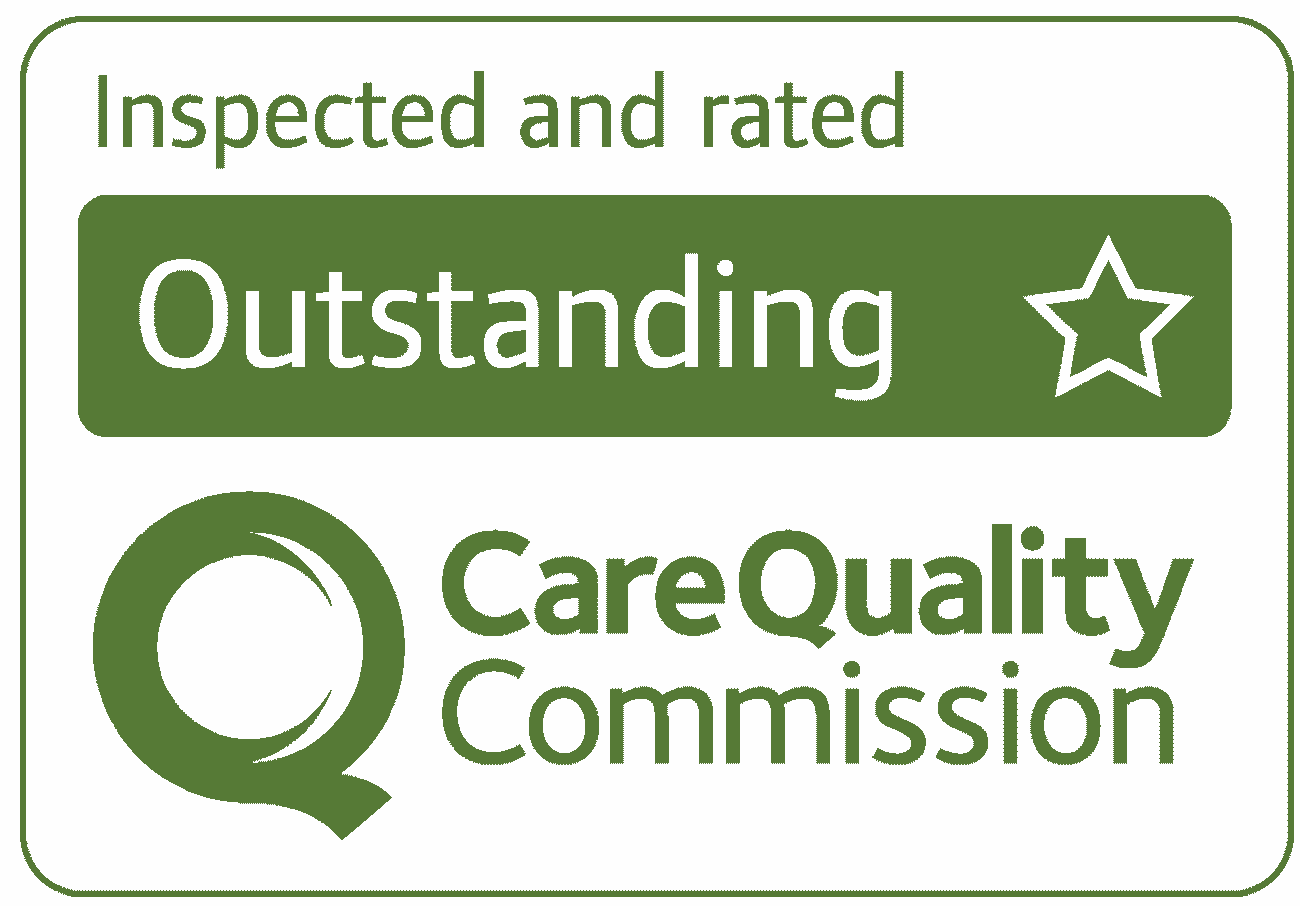High-quality care is something we should all have access to when the time comes.
However, with so many autonomous care providers operating across the country, maintaining this standard requires a dedicated body to oversee things.
High-quality care is something we should all have access to when the time comes.
However, with so many autonomous care providers operating across the country, maintaining this standard requires a dedicated body to oversee things.
The Care Quality Commission (CQC) is the body responsible for inspecting all care providers on a regular basis. In this article, we’ll introduce you to the most important factors it looks out for.
What defines high-quality care?
Below are the five key questions CQC inspectors ask of care providers when appraising their services.
The inspectors have to be able to answer ‘yes’ to all of these to confirm high-quality care is being provided for clients or residents:
1. “Are they safe?”
Safety is paramount in all areas of care. CQC expects care providers to have watertight processes in place for preventing:
- Any kind of abuse
- Avoidable illnesses/injuries – both in the home environment and during visits
- Mistakes with medication management
To achieve this, care providers should offer regular training for carers to ensure they’re up-to-date with the latest best-practice care advice. Care providers also need to maintain a stringent management process to ensure these standards are maintained in the long term.
2. “Are they effective?”
Care is a holistic process. So, inspectors need to look at both medical outcomes and the overall well-being of clients.
CQC states that providers should offer a standard of high-quality care that:
- Achieves the best possible outcomes in the circumstances
- Helps to maintain quality of life – alleviating pain and discomfort while promoting independence and dignity
- Is based on the most recent and authoritative evidence
Care providers must establish a relationship with the client and work closely with healthcare professionals to understand and adapt to their needs.
3. “Are they caring?”
When dealing with vulnerable people in sensitive situations, a caring, empathetic approach goes a long way. CQC wants to see that care providers treat clients with:
- Compassion
- Kindness
- Dignity
- Respect
This starts with really listening to the client, and recognising that they lived their whole life independently before entering care. It also means going about daily duties with a smile and engaging clients in friendly conversation.
4. “Are they responsive to people’s needs?”
Care providers should look to personalise care arrangements to meet both clients needs and preferences, including their:
- Interests – Hobbies, skills or things that engage them, such as activities or contact with animals
- Tastes – Preferences for foods/liquids, exercise or entertainment (e.g. reading or singing)
- Daily schedule – Routine for eating, bathing and other day-to-day activities
Carers must be willing to talk to clients about their preferences. They should also be able to recognise non-verbal cues and adapt the care programme to suit changing needs.
5. “Are they well-led?”
Good management is important in any organisation, but rarely more so than in the care sector. During its inspections, CQC will look for care sector management that:
- Enables staff to achieve all points listed above
- Fosters innovation and improvement wherever possible
- Encourages staff to continue learning and improving their skills
- Promotes an open and fair culture
As you can see, a lot goes into running a high-quality care service that puts the client at the heart of the equation. That’s why we’re immensely proud to have been awarded ‘outstanding’ status by CQC, placing us among the top 1% of live-in care providers.
Find out more about the steps we’ve taken to achieve ‘outstanding’ status and how these elements could benefit your loved one by speaking to our friendly team.


